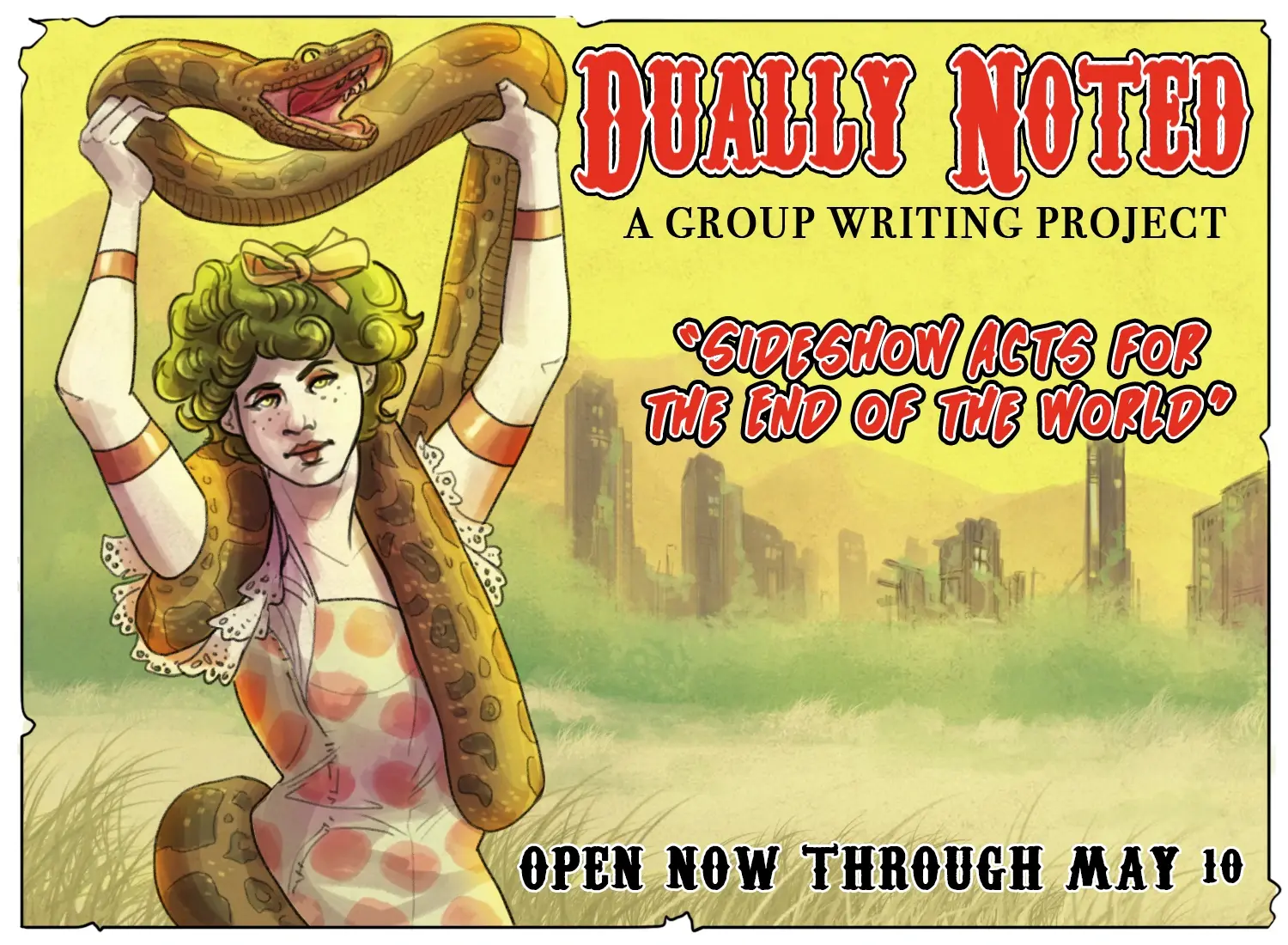
The Battle for the Night
“Are you breathing?”
The girl felt nausea in her nose all at once. Saltwater rose from her stomach, through her throat, and out of her mouth as she spat out bits of the sea trapped in her lungs. The woman standing above her frowned, but the girl didn’t answer her query. What kind of question was that, anyway? Could she have answered if she was not breathing? No.
Shuimu looked down. She was dressed, which was the most important thing. A black dress stuck uncomfortably to her skin, no shoes. The pulse of the waves pushed the fabric of the pants closer to her body, and it irritated her. She moved to her knees, pushing the woman’s hand away.
“What land is this?” Shuimu barked.
“You don’t know?” the woman answered. A smirk played across her face and a silver robe covered most of her frame.
Shuimu looked past the woman from her new resting spot. A blank darkness stared tauntingly back at her. The only light came from the woman, as if she had stolen the moon’s brightness and trapped it inside her. The waves continued to lap on the shore, but no sound came from them. Shuimu laughed out loud. She placed both hands on her chest, took a deep breath, and started chanting.
The Shurangama Mantra came out deep and strong from her lips. The pace was quicker than usual, if only to make the spell work faster.
“What are you doing?” the woman shrieked. “You can’t do magic at night, it’s forbidden here!” Shuimu opened one eye to watch the woman waving her arms. Shuimu smiled at the hysteria and continued her mantra.
“NAMO SARVA TATHĀGATA SUGATĀYA ARHATE SAMYAK-SAMBUDDHĀYA,” she called. Give praise to all the Exalted One, the Well Attained One, the Perfected Disciple, the Perfectly Self-Awakened One! Let us call the power of the Sun!
As she reached the end of the verse, she felt a shift in the air as the woman lunged at her.
Shuimu reached up to wrap her hand around the woman’s hair, twisting it and her head back. Shuimu pulled the woman’s head towards her own face so they were looking at one another upside down.
“Enough games, hag,” Shuimu hissed. “Take me out of this dream and back to my people.”
The woman feigned shock with a wide gasp on her face. She cried out, “What are you talking about?”
Shuimu brought her left hand down onto the woman’s throat and pressed until she heard the quiet, last gulp of air.
The woman’s body disappeared and the light within her died. Just as Shuimu guessed, the woman was none other than the shapeshifting moon in her human form, come to murder her. Too late, you tyrant, Shuimu thought. The horizon faded back into view. Trees on fire lit up the beach as the war against Shuimu’s people raged on. The uprising was here. There was no more time to waste.
